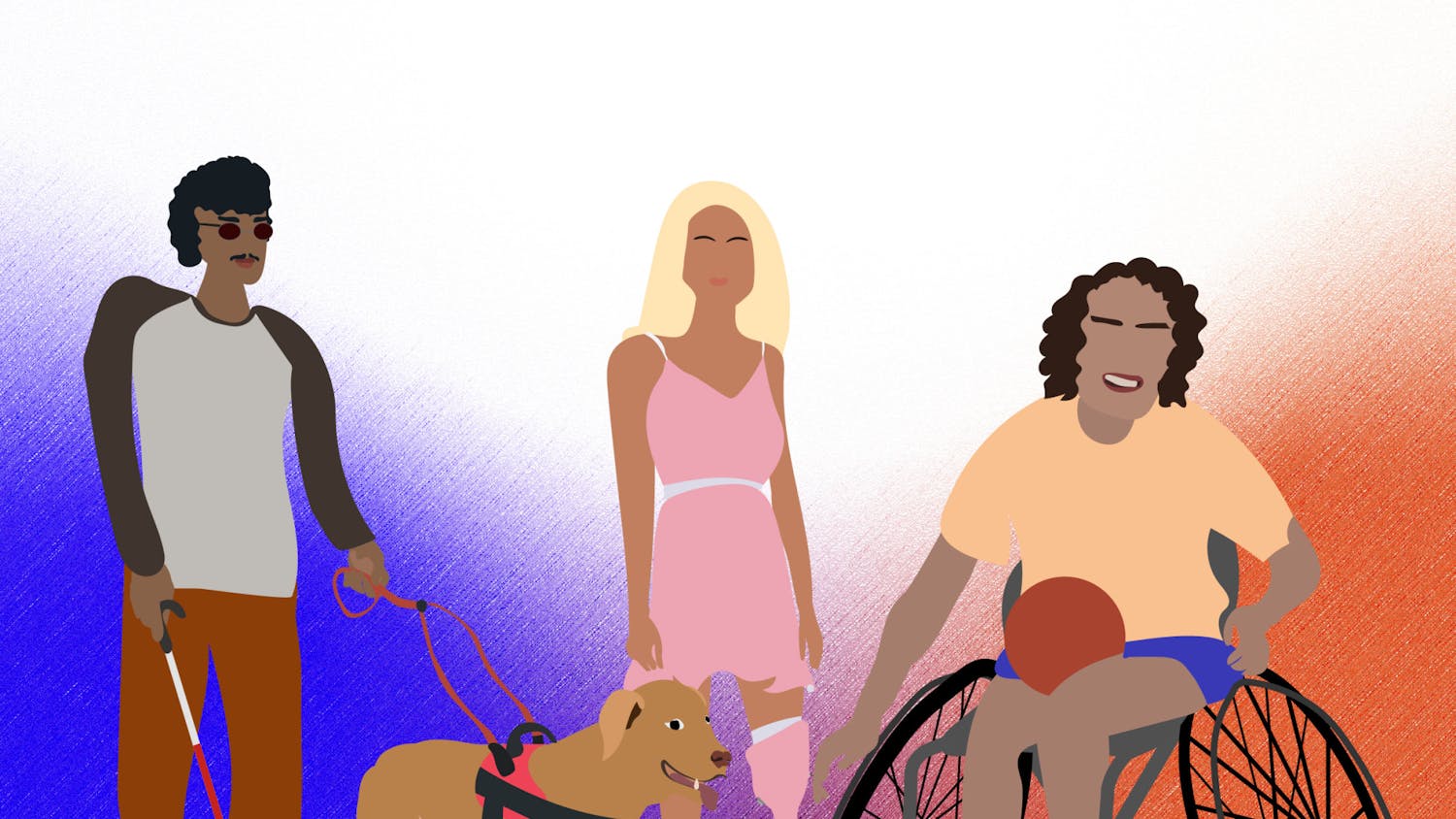Nicholas Gage, a UF assistant education professor, alongside Chad Rose, a University of Missouri assistant education professor, analyzed confidential self-reports from students in Connecticut from 2011 to 2013, Gage said. Out of 6,531 students involved in the study, 1 in 5 students with disabilities reported being bullied, while 1 in 7 students without disabilities reported the same, according to the study published in November.
A study co-authored by a UF professor found that students with disabilities are more likely to be bullied.
Nicholas Gage, a UF assistant education professor, and Chad Rose, a University of Missouri assistant education professor, analyzed confidential self-reports from students in Connecticut from 2011 to 2013, Gage said. Out of 6,531 students involved in the study, 1 in 5 students with disabilities reported being bullied, while 1 in 7 students without disabilities reported the same, according to the study, which was published in November.
Out of the students who self-reported, 16 percent had disabilities and 84 percent didn’t, according to the study.
Gage said he was not surprised by the general trend the results showed, but he was surprised that high rates of bullying continued past elementary school.
This shows that schools are not providing enough intervention, Gage said.
“Children with disabilities are most at risk for bullying, as they have the least amount of social skills to address it,” Gage said.
There are programs in place to teach elementary school students to recognize bullying, and the first step to fix it is to acknowledge the issue, he said.
He said this doesn’t stop at high school, and even university students can help.
UF’s Disability Resource Center is one way students can learn to support those with disabilities who are prone to bullying. The center aims to help students with disabilities by providing support, empowering students and educating others about disabilities, wrote Anthony DeSantis, the associate dean of students and interim director of the center, in an email.
“I believe there is a lack of knowledge surrounding, and a misunderstanding, of disability,” DeSantis said.
Bullying doesn’t stop at a certain age, wrote Maria Rodriguez, the vice president of the Students for Anti-Bullying Initiatives organization, in an email. College students think bullying stops just because students grow up, she said.
Rodriguez said although she overcame the effects of being bullied as a child, others aren’t as lucky.
“We should be teaching awareness so that we can stop the problem at its roots,” the 20-year-old UF biology junior said.
Gage said everyone should realize bullying is a serious issue.
“We need to work together to educate all, but especially those who are most vulnerable,” he said.





